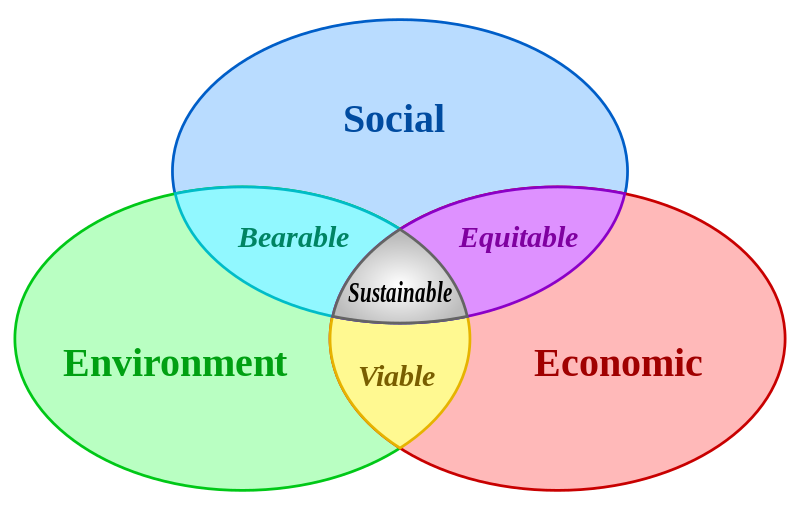Meta Secures Legal Victory in AI Copyright Case Over Fair Use

In a landmark decision on October 25, 2023, the U.S. District Court for the Southern District of New York ruled in favor of Meta Platforms, Inc., affirming that the company's use of online books to train its artificial intelligence (AI) models constitutes fair use under copyright law. This case, which has significant implications for the intersection of technology and intellectual property, highlights the ongoing debate surrounding the rights of authors and the capabilities of AI.
Meta's legal battle originated from claims made by a coalition of authors and publishers who argued that using their written works without explicit permission infringes on their copyrights. According to the plaintiffs, this practice undermines the authors' ability to control the use of their intellectual property and threatens the economic viability of the publishing industry. However, the court found that Meta's utilization of these texts for training AI systems falls under the fair use doctrine, which allows for limited use of copyrighted material without permission under certain circumstances.
The ruling is particularly significant as it sets a precedent regarding how AI companies can engage with existing content. Judge Emily Wang noted in her opinion, "The transformative nature of how the AI utilizes the data—analyzing patterns rather than reproducing the texts—supports the fair use defense." This perspective aligns with the broader legal understanding of transformative use, a key consideration in copyright law.
Experts in copyright law have weighed in on the implications of this ruling. Dr. Rachel Adams, a Professor of Law at Yale University, stated, "This decision could pave the way for more AI applications that rely on existing content, potentially reshaping the landscape of creative industries. However, it also raises questions about the balance between innovation and creators' rights."
The ruling is expected to have a ripple effect across various sectors, particularly in the fields of literature, education, and technology. According to a report by the International Publishers Association published in September 2023, the global publishing industry is valued at approximately $143 billion, and such legal precedents could significantly impact its future.
Conversely, technology advocates argue that the ruling is a necessary step towards fostering innovation. John Smith, CEO of TechForward, a leading AI research firm, remarked, "AI has the potential to revolutionize how we access and interact with knowledge. This ruling confirms that we can leverage existing content to create more advanced and useful technologies."
As the legal landscape continues to evolve, the balance between protecting intellectual property and fostering innovation remains a contentious issue. Future litigation may further clarify the boundaries of fair use in the context of AI training. Legal scholars and industry leaders alike are closely monitoring these developments, as they will likely influence future technological advancements and the rights of content creators.
In conclusion, while the ruling in favor of Meta represents a significant victory for the tech industry, it simultaneously ignites a critical conversation about the rights of authors in an increasingly digital and automated world. The outcomes of ongoing discussions and potential legislative actions will be pivotal in determining the future of copyright law as it intersects with artificial intelligence technology.
Advertisement
Tags
Advertisement





